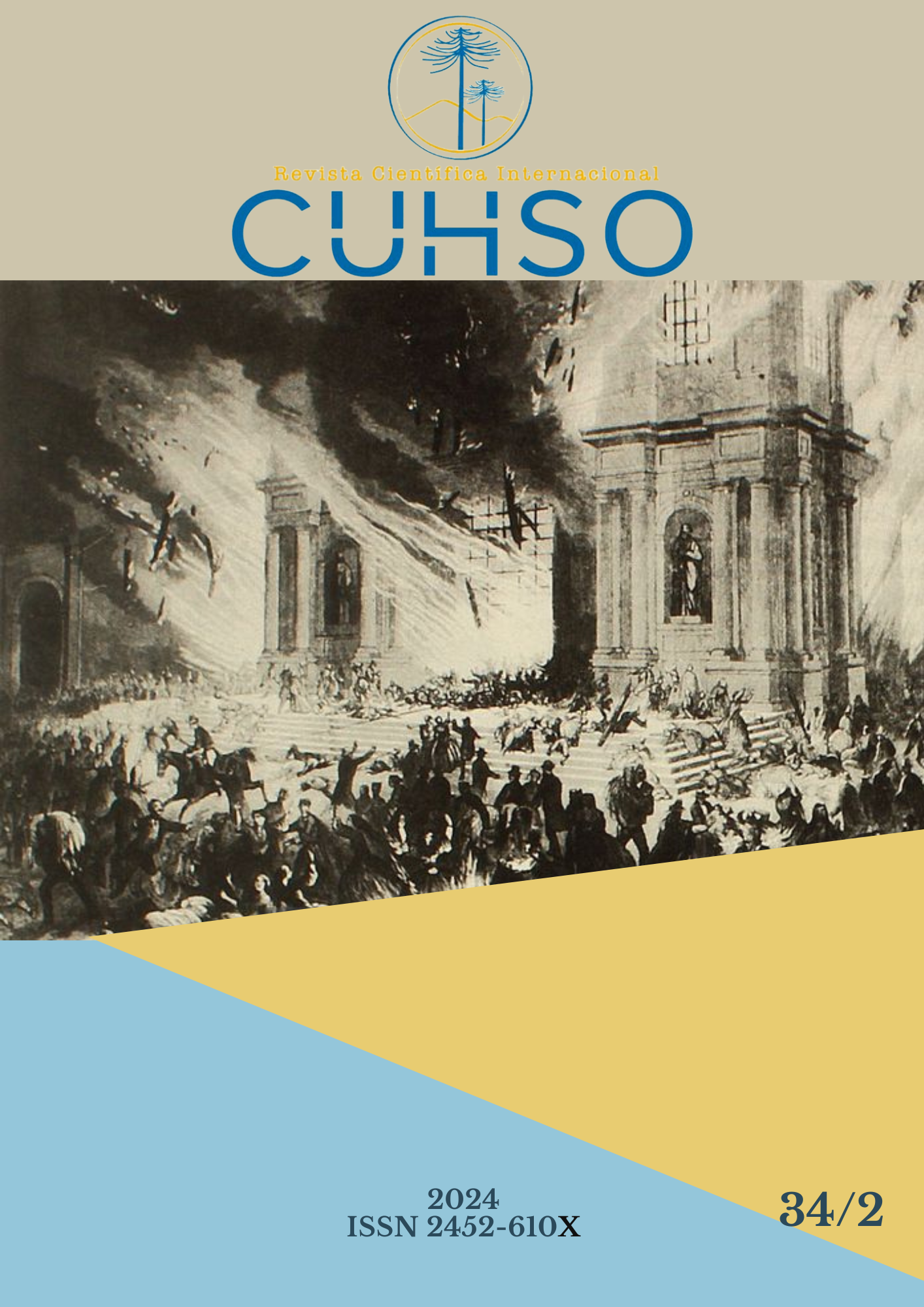Abstract
By the end of the 19th century, the Mapuche people had become a subject of rigorous study within the social sciences in Chile. For instance, the disciplines of Anthropology and Archaeology have sought to identify not only the roots of nationality but also the origins of humanity itself. Our premise is informed by the understanding that the image of the prehistoric Mapuche was not solely shaped by the accumulation of material artifacts through the advent of Archaeology. Instead, it was primarily influenced by the interplay of this discipline with the enduring interpretation of the Indian chronicles, which had already established a narrative around the Mapuche people. In this study, we employ the theoretical framework of the Cultural History of Science to analyze and critique the discursive typologies that emerged in Chilean high culture about the Mapuche. These typologies were the result of various expeditions sponsored by the Chilean government and focused on the Mapuche collection housed in the Museum of Natural History of Santiago de Chile.

This work is licensed under a Creative Commons Attribution 4.0 International License.
Copyright (c) 2025 Jaime A. Zañartu, Manuel Cortes Cortes, Martín Lara Ortega


